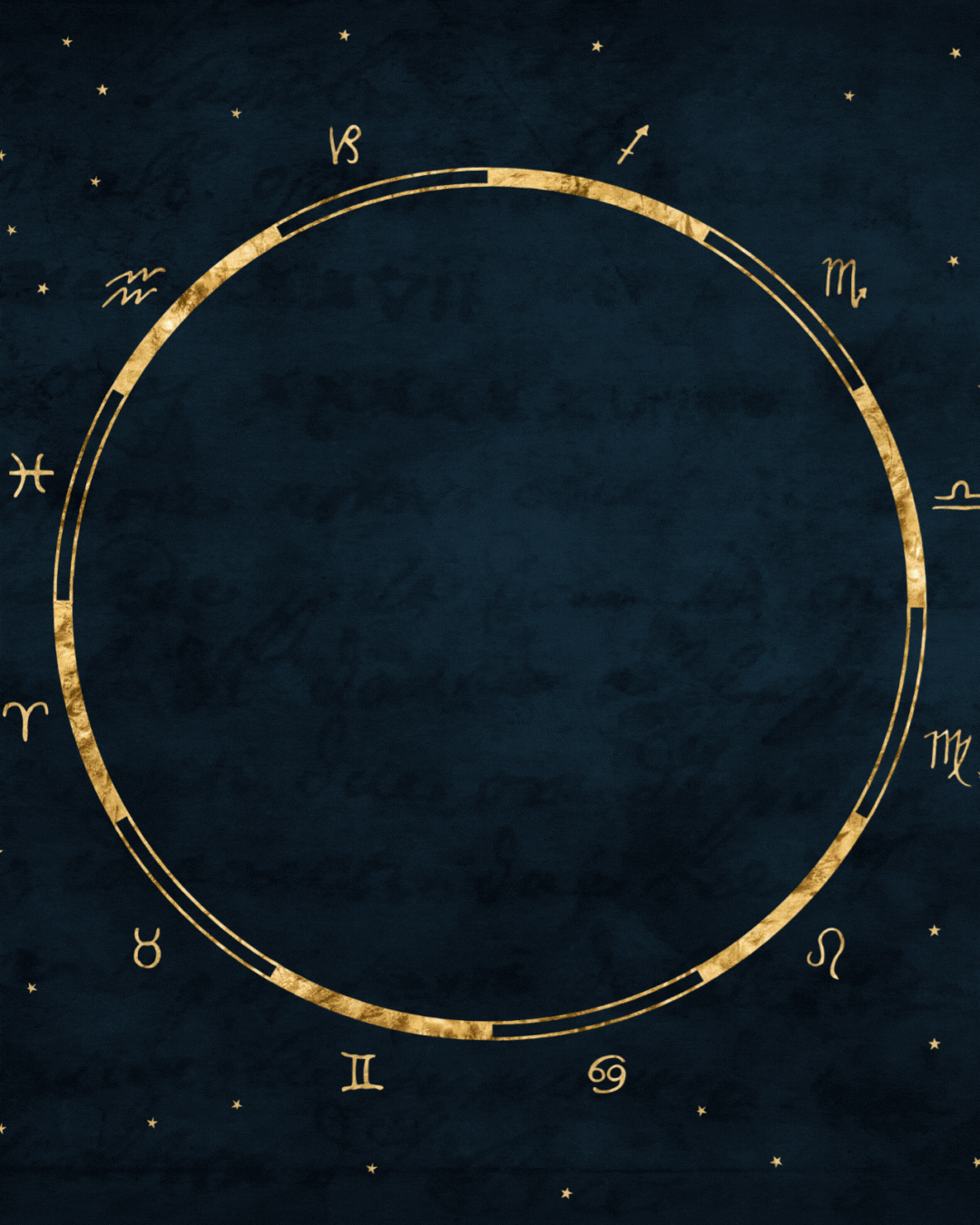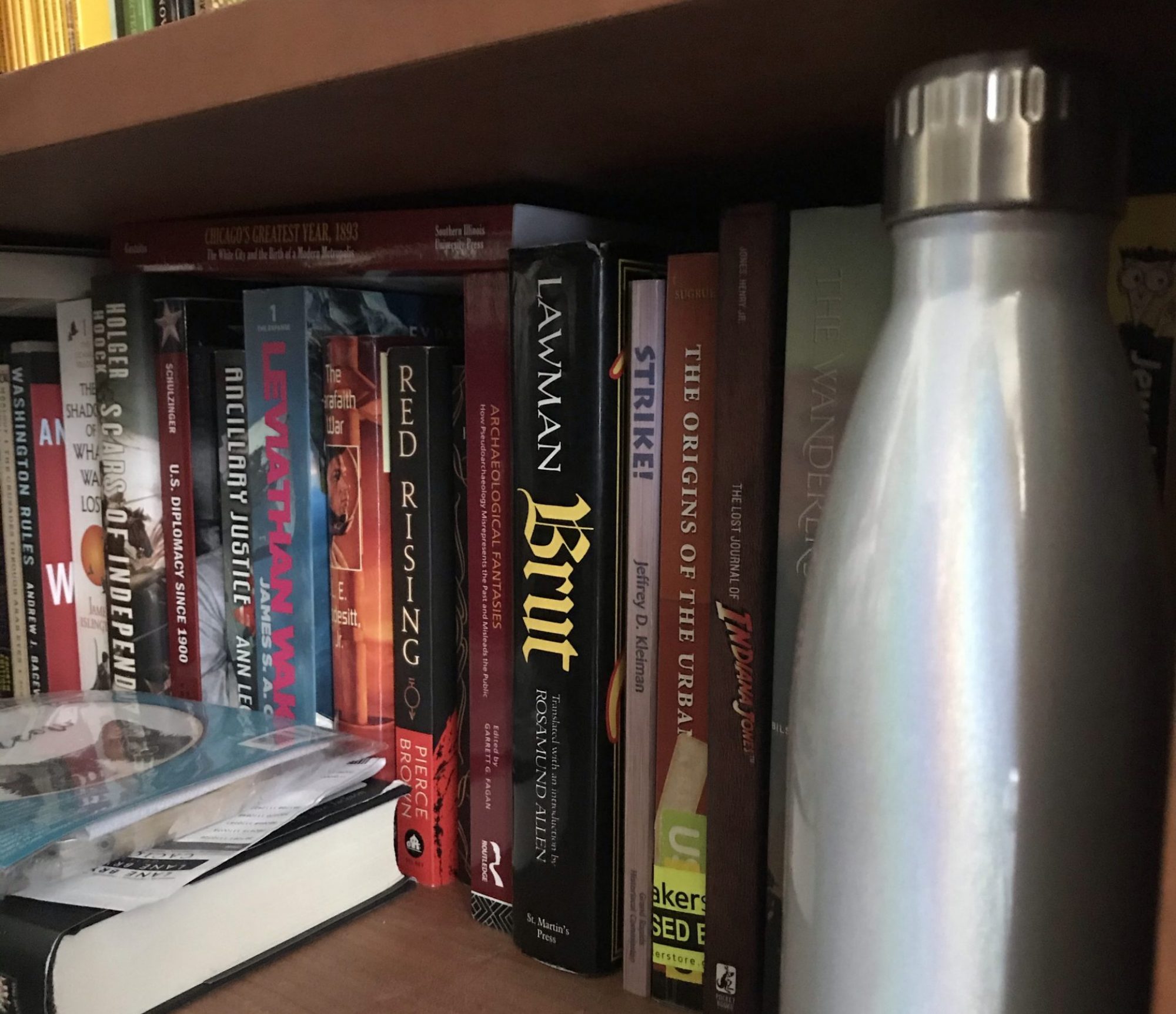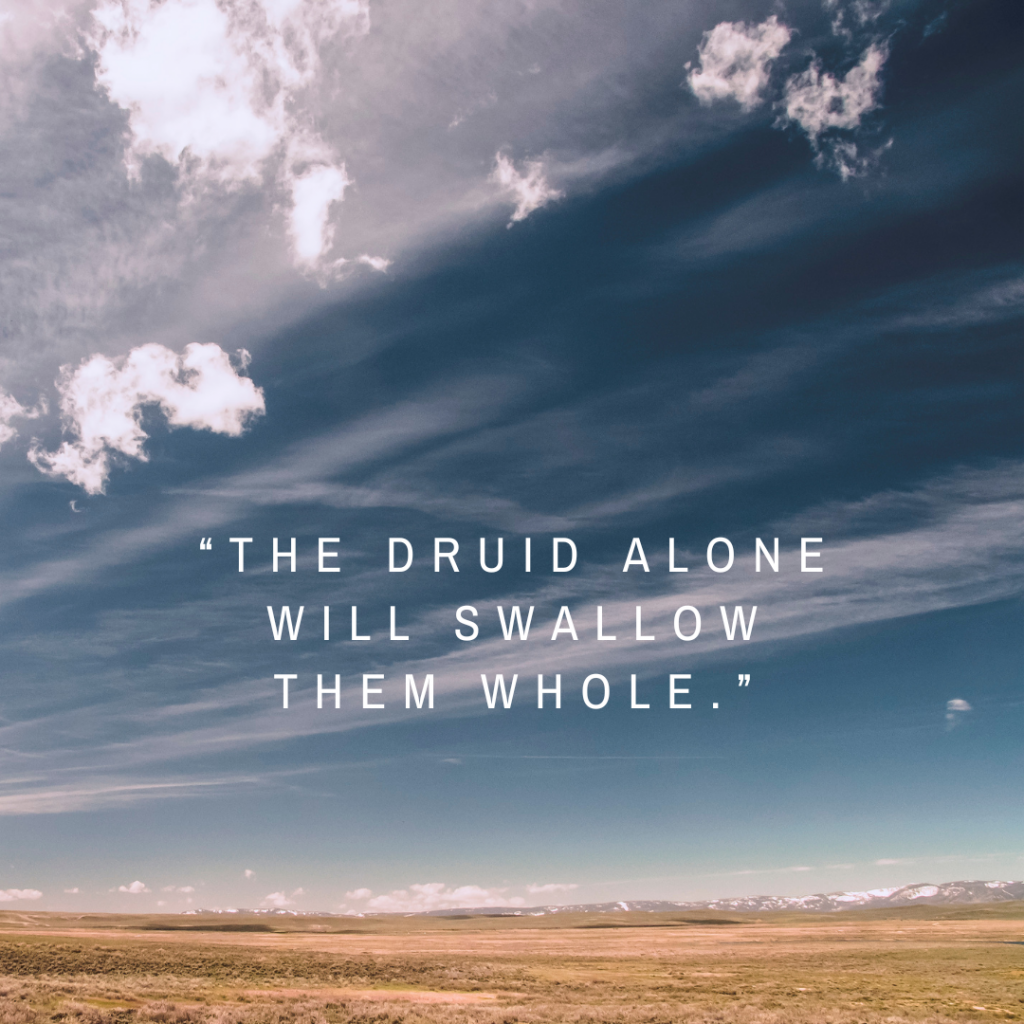More of that little “brain why are you like this” project I posted the other day. There’s been over 10,000 words on that out of me in a week. That’s generally a very interesting sign.
 Sirens woke me.
Sirens woke me.
The air was thick, heavy—misting rain and humidity and heat and smoke. Flames crackled too close to be safe but my movements were sluggish, head ringing. The sirens sounded so far away and yet very, very close.
Help was coming but it didn’t feel fast enough somehow.
It couldn’t have been that long since I’d hit the ground—I wasn’t wet enough for it. I lurched to my feet and staggered toward where the pilot lay a few yards from me. One leg was at an odd angle and his flight suit smoldered, as if he’d taken the brunt of the blast somehow, and his helmet was gone. I didn’t see it anywhere nearby and I wasn’t sure what that meant or if it mattered.
A mumbled curse escaped me as I dropped to my knees next to him, patting out the last of the flames with the sleeves of my sweatshirt and reaching to check his pulse. Steady, mostly, not stringy and weak like I’d feared given the amount of blood on his face that mixed and ran with the rain. He was breathing, though each one hitched, as if he couldn’t draw one deep enough.
It was bad. I knew it was bad, beyond knowing it had to be—he’d crashed a godsdamned plane and it was in pieces behind me. It was a miracle he was still alive. In an ER, with more than my bare hands, I’d have maybe been able to do something. Out here?
Out here all I could do was hope that he made it as far as a hospital.
My mind stumbled through possibilities as I started to be aware of voices, of police telling bystanders to stay back, of the sound of ambulance doors. It was like time had somehow compressed, or those sirens had been a lot closer than I’d thought.
I focused on his breathing, on his pulse. I could hear the paramedics coming but they seemed so, so far away.
“Aden.”
Everything seemed to stop. His voice was a bare whisper, almost lost in the sound of the increasing rain and the crack and roar of the flames that seemed near enough to scorch my spine. How was he even conscious? But he was and he was staring at me, eyes dull as he squinted through the falling rain.
“John will be coming,” he whispered. “Listen to him. Please.”
The bottom dropped out of my stomach. There was something about the voice, rough and quiet as it was, that made me feel hollow, like I’d forgotten something important. For a few seconds, he held my gaze. There was something familiar about the stormy color of his eyes and the tarnished silver ring around the edge, tugging on something anchored in my soul. But I didn’t know any pilots or anyone who worked for Eden.
Right?
A breath shuddered out of him and his eyes fluttered shut.
No.
A quiet thud shook me from my shock and I twisted to look up at the paramedic who took a knee beside me, his partner quickly moving around to the other side of the now unconscious pilot. “Did you find him like this?” the paramedic asked.
I shook my head. “No. He was still in the cockpit. Barely got him out before something exploded. He was—” I stopped, swallowing hard. What if I’d imagined it? “He was conscious a second ago.”
“That seems like a miracle,” the other paramedic muttered.
“Pulse was steady,” I said, starting to rock to my feet. “Don’t know how much trauma is there. I blacked out when the—I don’t know what it was exploded. His helmet was still on when I got to him. He was still strapped into the cockpit.”
“Okay,” the first paramedic said, squeezing my arm for a second. “We got it from here, doc. Should be someone else coming with the fire department that can check you, okay? Don’t go far.”
I blinked at him, then shook my head, wincing as I realized that I had a lump on the back of my head the size of an orange. “Oh.”
The paramedic flashed me a quick smile that faded quickly as he turned back to the pilot in front of him. I didn’t remember their names, but they seemed to know me.
Of course they knew me.
I don’t want to go to the hospital. I backed away slowly, watching the paramedics with the pilot. I probably needed to, though—I was almost certainly concussed, given the lump on my head and the few minutes of lost time, to say nothing of my potential hallucination.
There was no way that was real. He couldn’t have been awake. There’s just—there’s too much.
There’s too much. He couldn’t have been awake.
Staring at the pilot, I knew that I had to be telling myself the truth. I must have imagined it—that was the only explanation. That was why he’d seemed familiar somehow, why I’d somehow known the voice, his eyes.
How he’d known my name.
I convinced myself that it was true and that was the only reason I let them load me into the front seat of the ambulance ten minutes later. Better to be safe than sorry.
The pilot, still somehow alive, was in the back.
Behind us, in Barrow Park in the middle of the suburbs, the plane burned.





